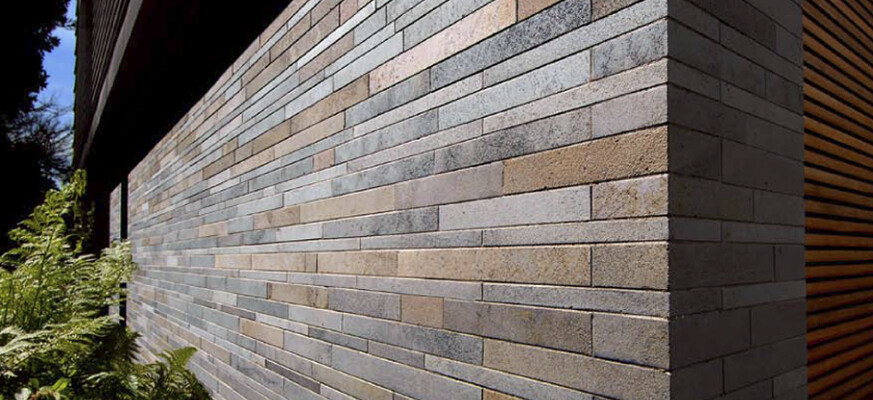What Type of Hammer to Use with Masonry Chisel?
Working with masonry can be an exciting project, whether you’re a seasoned professional or a homeowner looking to tackle some renovation projects. One of the key questions in masonry work is what type of hammer to use with masonry chisel. Choosing the right hammer is essential for efficiency and safety. With a wide variety of hammers available, it can be daunting to select the most suitable one for your masonry tasks.

Understanding Masonry Work
Masonry involves constructing structures from individual units, such as bricks, stones, or concrete blocks. These units are often bound together with mortar. Masonry work is prevalent in building walls, chimneys, and decorative structures.
If you’re keen to delve deeper into the intricacies of masonry construction, the article Masonry Structure can offer a wealth of information.
Different Types of Hammers
Numerous hammer types exist, but when it comes to using them with a masonry chisel, the choices become more focused. Understanding these options is crucial to your projects success.
Stone Mason’s Hammer
This type of hammer is specially designed for stonework. It features a flat square face and a sharp chisel end, making it ideal for breaking and trimming stones.
Club Hammer
The club hammer, also known as a lump hammer, is perfect for smaller chiseling work. Its short handle and relatively heavy head make it easy to maneuver while providing enough force.
Sledgehammer
If you’re working with larger masonry units, a sledgehammer could be necessary. It’s typically used for the initial rough work of breaking large pieces of stones or concrete.
Selecting the Right Hammer
When you’re tasked with choosing what type of hammer to use with masonry chisel, consider your project’s scope. The job’s size, material hardness, and desired precision all play a role in your selection process.
If an engaging overview on chimney mason work intrigues you, make sure to check out Masonry Chimney.
Project Size Matters
For smaller projects where precision is key, a club hammer or stone mason’s hammer is often sufficient. Larger jobs requiring more brute force may necessitate a sledgehammer.
Material Hardness
The hardness of the material you’re working with will help determine which hammer to choose. Softer stones might only need a club hammer, while harder stones or concrete may require a sledgehammer.
Tips for Using Hammers Effectively
Using hammers correctly not only aids in completing your project efficiently but also ensures your safety. Below are some vital tips for effectively utilizing them in masonry.
Safety First
Always ensure that you’re wearing protective gear, including safety goggles and gloves, to shield yourself from flying debris. Understanding how to handle Masonry Drilling safely is also beneficial.
Correct Handling Technique
Hold the handle firmly but not too tightly, and use controlled swings. Let the weight of the hammer do most of the work.
Maintaining Your Tools
Proper maintenance of hammers and chisels extends their lifespan and improves performance. Heres how to keep your tools in top condition.
Regular Inspection
Make it a habit to inspect your tools before and after use. Look for cracks or loose heads, which can be hazardous.
Proper Storage
Keep your tools clean and dry. Store them in a toolbox or hang them on a wall rack to avoid damage or rust.
Masonry Chiseling Techniques
Learning the right techniques is essential for achieving professional results in your masonry work. Here are some methods to consider.
Angle for Precision
Hold the chisel at an optimal angle, usually around 20 to 30 degrees, for precision cuts. This technique is crucial when chiseling fine details into stone.
Steady Strikes
Using even and steady strikes will help prevent the stone from splitting incorrectly or the chisel from slipping.
Conclusion
In conclusion, understanding what type of hammer to use with masonry chisel can greatly impact the outcome of your projects. Whether you choose a stone masons hammer, club hammer, or sledgehammer, taking into account the project size and material is vital.

FAQs
Do I need a different hammer for different chisels?
Your choice of hammer should complement both the material and the style of chisel you’re using.
Can I use a regular hammer for masonry work?
While it might be possible for very light tasks, specific masonry hammers are recommended for better results and safety.
How do I know if my hammer is worn out?
Inspect for any visible cracks, looseness in the joints, and general wear that could affect performance.
For further guidance, check out Masonry Repair to understand how proper tool maintenance plays a role in long-term masonry quality. Dive into the detailed article about Masonry Construction for those interested in learning about the advantages and disadvantages of different techniques.
This article contains affiliate links. We may earn a commission at no extra cost to you.
